The Latest
PBS News Hour: Millions depend on private messaging apps to keep in touch. They’re ripe with misinformation
November 5, 2021
In the News
PBS News Hour: Millions depend on private messaging apps to keep in touch. They’re ripe with misinformation
Kinza Chaudhry cringes when she gets a WhatsApp message full of forwarded health advice from a family friend or distant cousin. It might be a message about treating diabetes or thyroid disease ...
Read More
Aspen Institute: Commission on Information Disorder Final Report
November 1, 2021
In the News
Aspen Institute: Commission on Information Disorder Final Report
Information disorder is a crisis that exacerbates all other crises. When bad information becomes as prevalent, persuasive, and persistent as good information, it creates a chain reaction of harm. Read Full Report ...
Read More
NBC News: Latinos more likely to get, consume and share online misinformation, fake news
October 30, 2021
In the News
NBC News: Latinos more likely to get, consume and share online misinformation, fake news
Latino audiences are more likely to receive, consume and share fake news and misinformation online compared to the general population, a new Nielsen report on U.S. Latinos shows. The data and information firm looked ...
Read More
CNN: Bush alludes to US Capitol rioters when condemning violent extremists behind 9/11 attacks
September 11, 2021
In the News
CNN: Bush alludes to US Capitol rioters when condemning violent extremists behind 9/11 attacks
(CNN)Former President George W. Bush called on Americans Saturday to confront domestic violent extremists, comparing them to violent extremists abroad and warning that they are “children of the same foul spirit.”In a ...
Read More
The Conversation: How ‘engagement’ makes you vulnerable to manipulation and misinformation on social media
September 10, 2021
In the News
The Conversation: How ‘engagement’ makes you vulnerable to manipulation and misinformation on social media
Facebook has been quietly experimenting with reducing the amount of political content it puts in users’ news feeds. The move is a tacit acknowledgment that the way the company’s algorithms work can be a problem. ...
Read More
Brookings: How technology and the world have changed since 9/11
August 27, 2021
In the News
Brookings: How technology and the world have changed since 9/11
On Sept. 11, 2001, one of us (Darrell) was teaching a political science course at Brown University, while the other (Nicol) was four days away from her wedding in Westchester County. The ...
Read More
Yale News: ‘Likes’ and ‘shares’ teach people to express more outrage online
August 13, 2021
In the News
Yale News: ‘Likes’ and ‘shares’ teach people to express more outrage online
Social media platforms like Twitter amplify expressions of moral outrage over time because users learn such language gets rewarded with an increased number of “likes” and “shares,” a new Yale University study ...
Read More
Harvard News: How the government can support a free press and cut disinformation
August 11, 2021
In the News
Harvard News: How the government can support a free press and cut disinformation
The mainstream news industry has been in sharp decline since the 1990s, owing to a series of financial and cultural changes brought by the rise of the internet. Amid the closing or ...
Read More
POV: America’s Greatest National Security Threat
June 3, 2021
In the News
POV: America’s Greatest National Security Threat
We are having the wrong national-security debate in this country. Neither Russia’s nuclear arsenal, China’s rapidly modernizing nuclear force, or even North Korea’s advancing nuclear capability pose the most pressing existential threat ...
Read More
Brookings: How partisan polarization drives the spread of fake news
May 13, 2021
In the News
Brookings: How partisan polarization drives the spread of fake news
If platforms and policymakers are to devise effective solutions to the proliferation of fabricated news stories online, they must first establish an understanding of why such material spreads in the first place. ...
Read More

